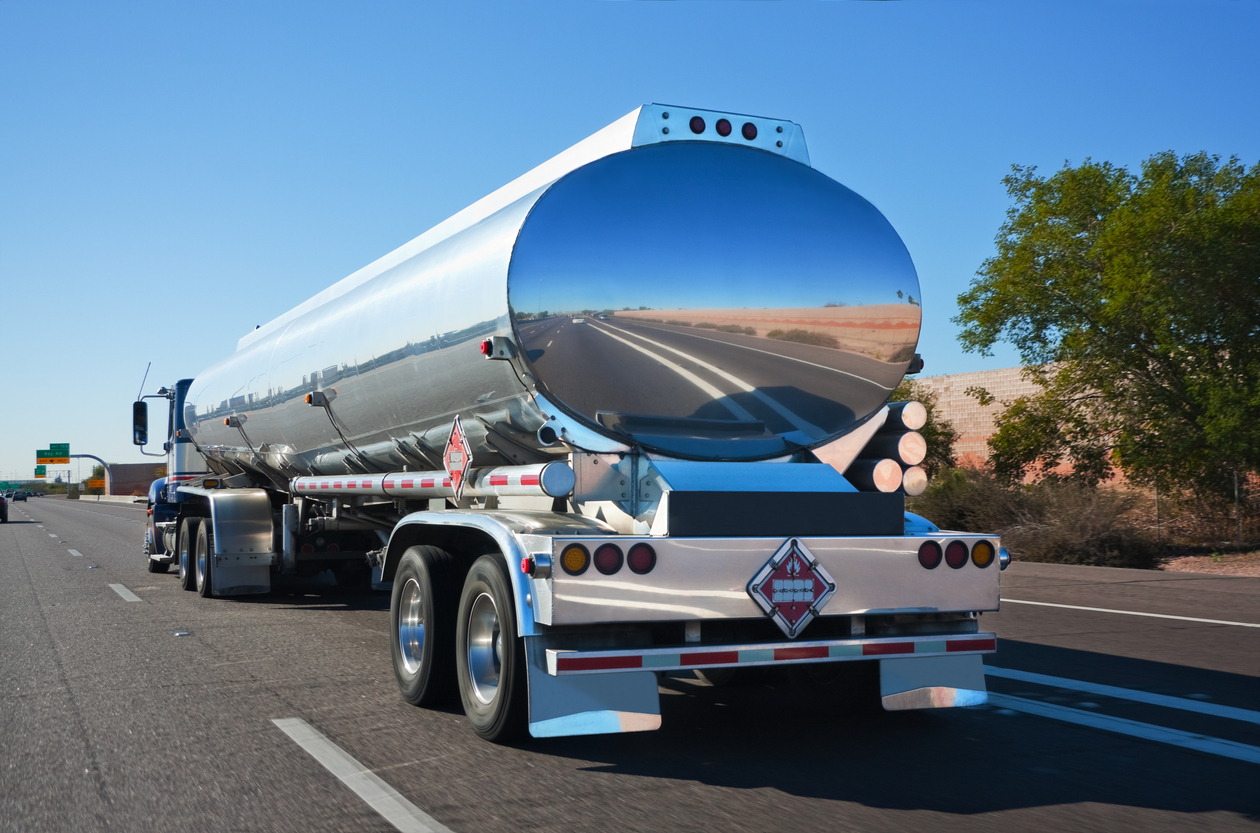
What type of products are you shipping?
For starters, you have to provide the cargo’s Safety Data Sheet (SDS). Food grade liquid & dry bulk carriers will also require you to clearly outline vital characteristics of your product — including its spoilage rate. How long your product can stay in the tank is a massive consideration for all carriers. This information helps the company estimate the delivery window, thus determining whether they can transport the product safely.
Most carriers will also ask for a list of incompatible prior products. It is an inventory of any items that the tank must not have transported before your shipment. Food grade liquid & dry bulk carriers use this policy to guarantee your product’s integrity by preventing contamination.
Finally, your broker will ask whether your product is kosher, edible, or non-edible. Kosher products have additional requirements and use dedicated equipment to avoid contamination. For example, it is not ideal to move kosher products in tanks that hold non-kosher materials.
How will your product get loaded and unloaded?
How you require your product to be loaded and offloaded is a huge consideration for most carriers. Note that the answer to this question will dictate what type of tank they use during transportation. Luckily, most food-grade liquid & dry bulk loads do not require special or additional equipment (other than those at various loading and unloading stations).
What happens if your product needs additional equipment? Well, your carrier will provide it at an extra cost because they can’t risk contaminating your product. However, finding a broker that offers ‘food-grade, with equipment’ services can be somewhat challenging.
Is your product temperature-sensitive?
Certain products require specific temperatures during transportation. Therefore, your carrier will need to use special in-transit heating units. Tank steaming is also an excellent way of increasing temperature during transit.
However, not every food-grade liquid & dry bulk carrier will provide temperature-controlled shipping. Asking whether your product is temperature-sensitive will help your broker determine whether they can handle the task. It is always reassuring knowing your product is in capable hands.
What is your project timeline?
There is a significantly small pool of food-grade liquid & dry bulk carriers. The specialized nature of the process makes it difficult for most bulk freight carriers to venture into the business. Therefore, when you need to transport your product becomes a crucial consideration.
Equally, you have to account for seasonal shifts in demand and supply. For example, many trucks get tied up when wine season is booming in California. It will help to plan and book in advance to guarantee your products get to their destinations within your time frame.
Get a dependable food grade liquid & dry bulk carrier
Food grade liquid & dry bulk shipping can be somewhat challenging and frustrating. However, finding a carrier with a large network will save you time and take away the frustration. At ShipNorthAmerica Network, we offer a wide range of services in specialized freight movement through our member companies. Start by visiting our blog for more updates, news, and articles in the transportation industry.
Visit our blog for more articles, news, and updates on the transportation industry or contact us today.
